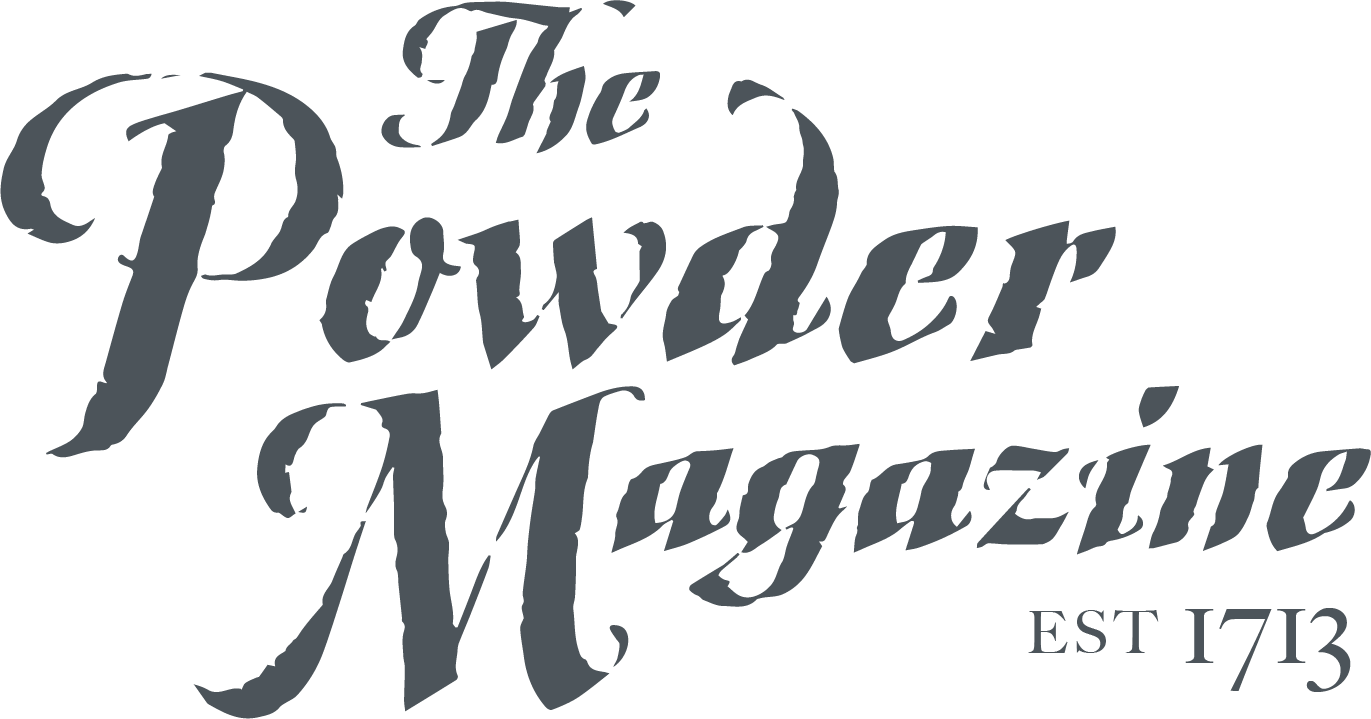
Luke Pecoraro of Drayton Hall highlights a number of the tea-related finds from archeological efforts at Drayton Hall. These objects highlight Drayton Hall's long-standing connection to tea consumption.
Ariel Dinkins from the Old Exchange recounts one of the more famous poems highlighting the difficulties of giving up one's tea during the 1773 Tea Protests in Charleston, South Carolina.
Chad Stewart from The Charleston Museum highlights high-end tea wares and furniture at the Heyward-Washington home in Charleston.
The Hidden History of the Boston- and Charleston- Tea Parties
Mike Burgess, local teacher discusses the Tea Act, Boston Tea Party, and the British Government's subsequent actions that led to the American Revolution.
Luke Pecoraro of Drayton Hall discusses how tea was likely prepared and served in Drayton Hall during the colonial period.
Tony Youmans from The Old Exchange and Provost Dungeon highlights Charleston's resistance to the 1773 Tea Act. Many of those great events happened at The Exchange in Charleston.
Martha Zierden of the Charleston Museum highlights a number of the remarkable colonial-era tea wares and tea-related archeological finds within The Charleston Museum.
The Tea Act of 1773
History Channel explores The Tea Act of 1773, an act of Great Britain's Parliament, was the catalyst for some of the most important moments of the lead-up to the Revolutionary War.


